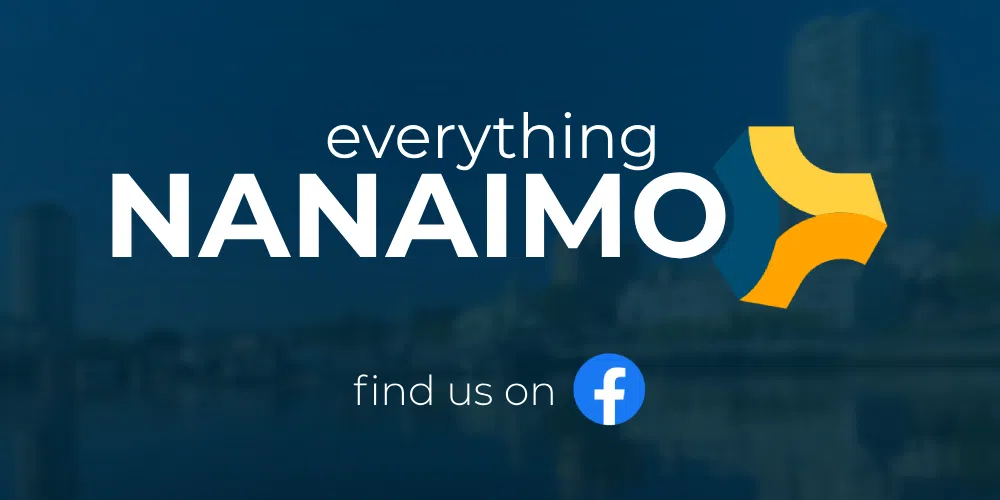
Claims deadline approaching for residential school Day Scholars
For years, they’ve been left out but now thousands who attended residential schools as Day Scholars are entitled to compensation and the deadline for submissions is quickly approaching.
Day Scholars are students who attended Federal Indian Residential Schools but did not stay overnight.
A class action lawsuit filed over a decade ago claimed these schools destroyed students’ language and culture, violated their cultural and linguistic rights, and caused psychological harm.
“It was the loss of language and culture for the Day Scholars and the Residential Scholars as well,” John Kingman Phillips, class counsel for the lawsuit, said. “It’s not complete, it’s never going to be enough, but we’re hoping it’s something available to allow them to get more health in the communities on language and culture and on wellness in their heritage.”



